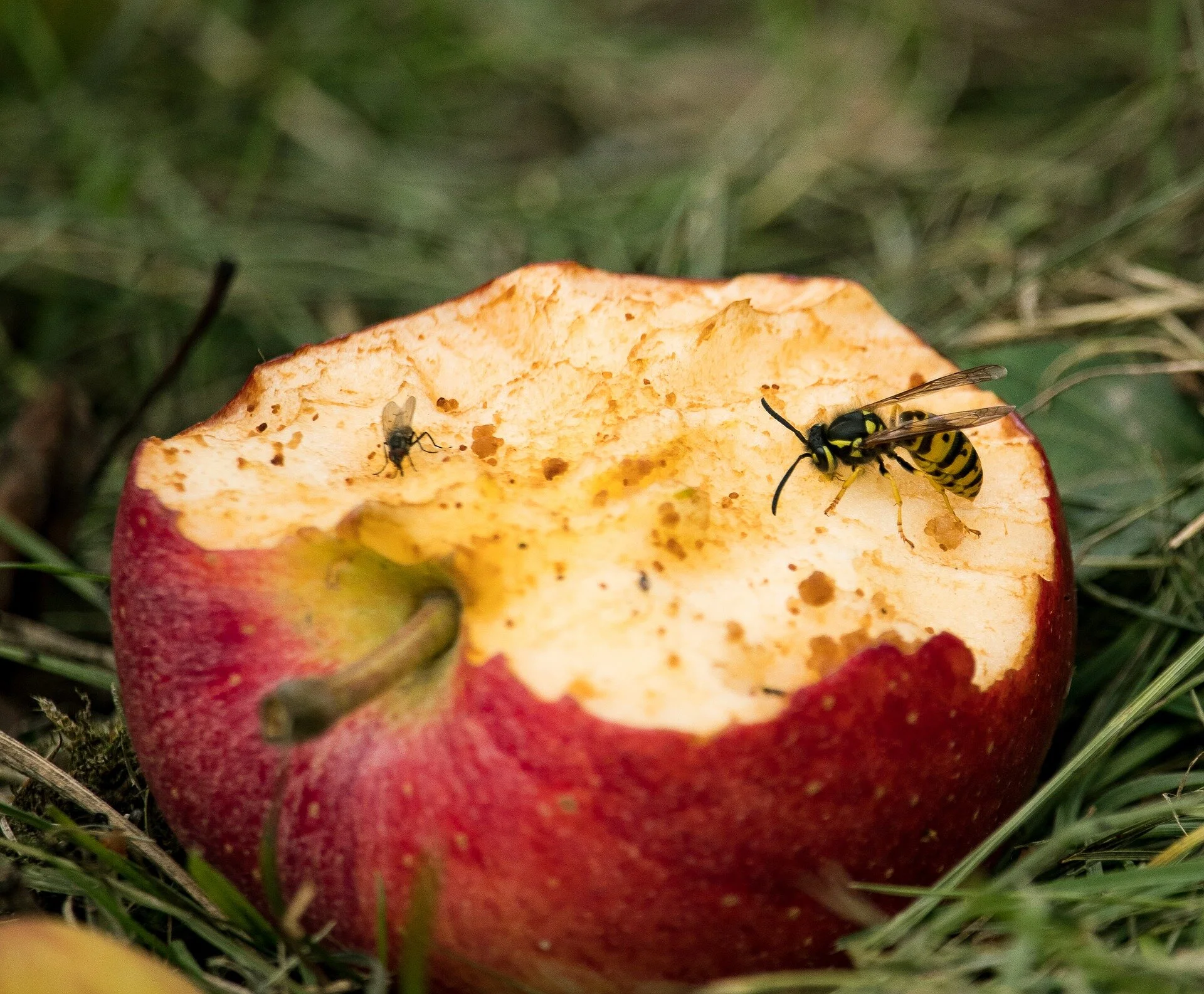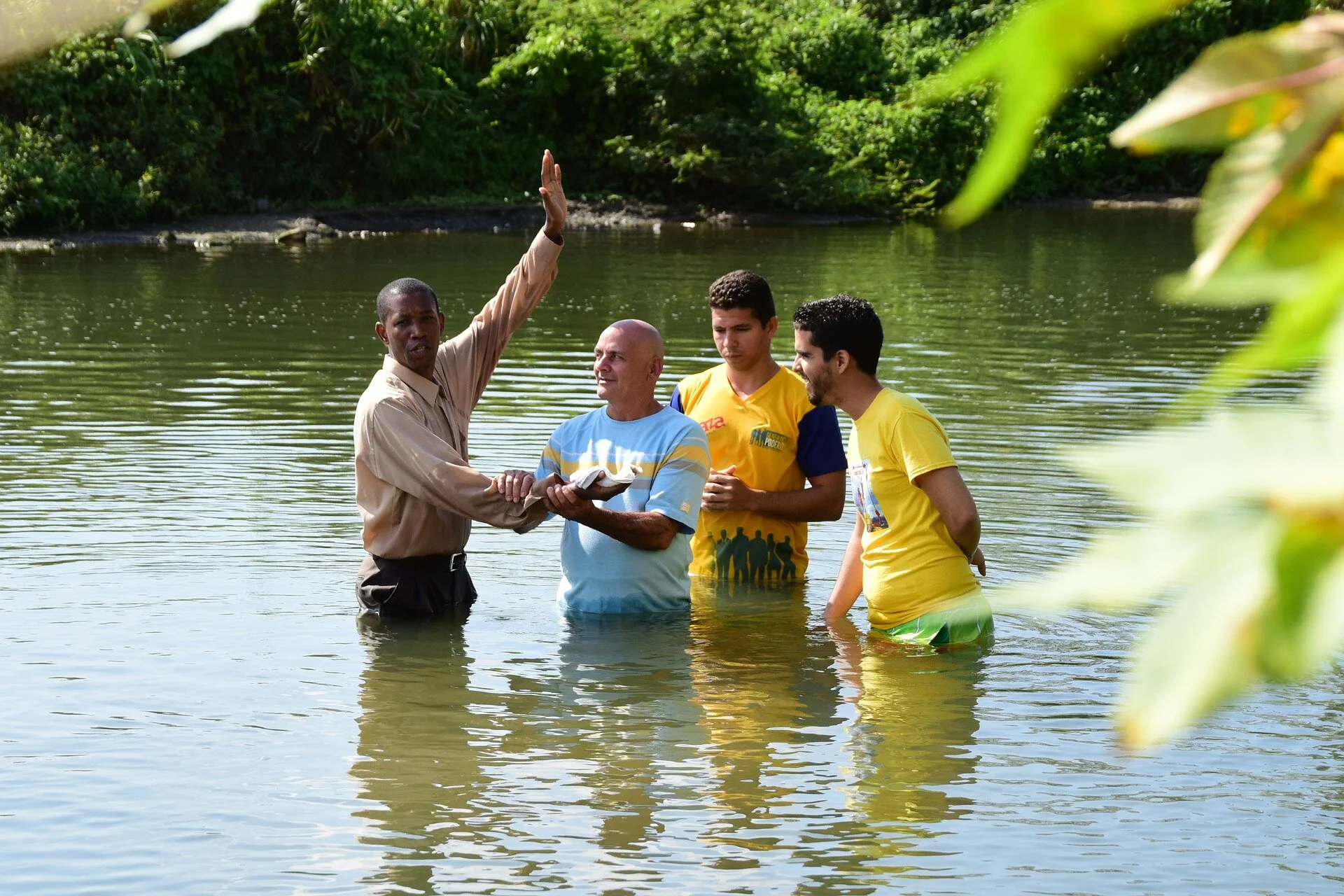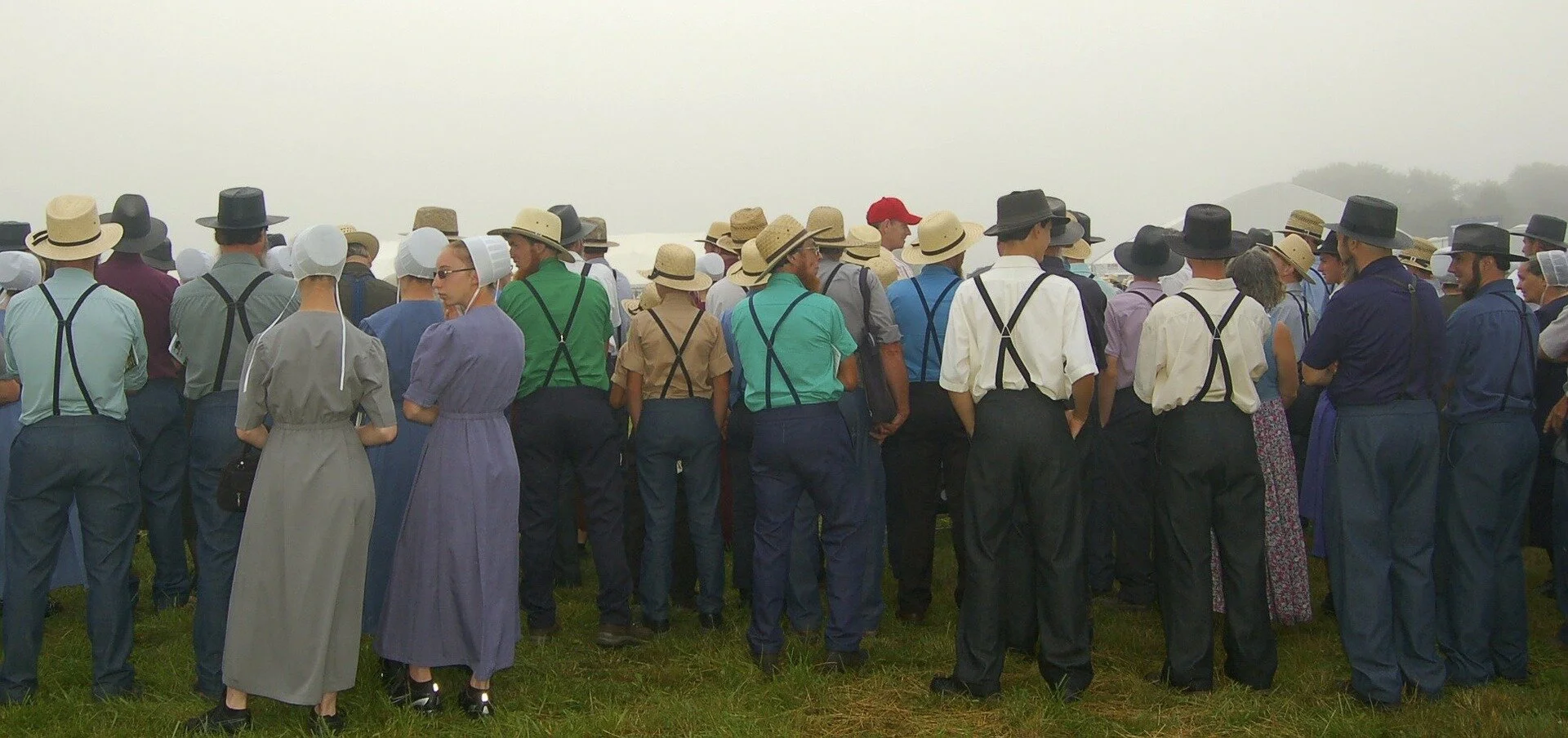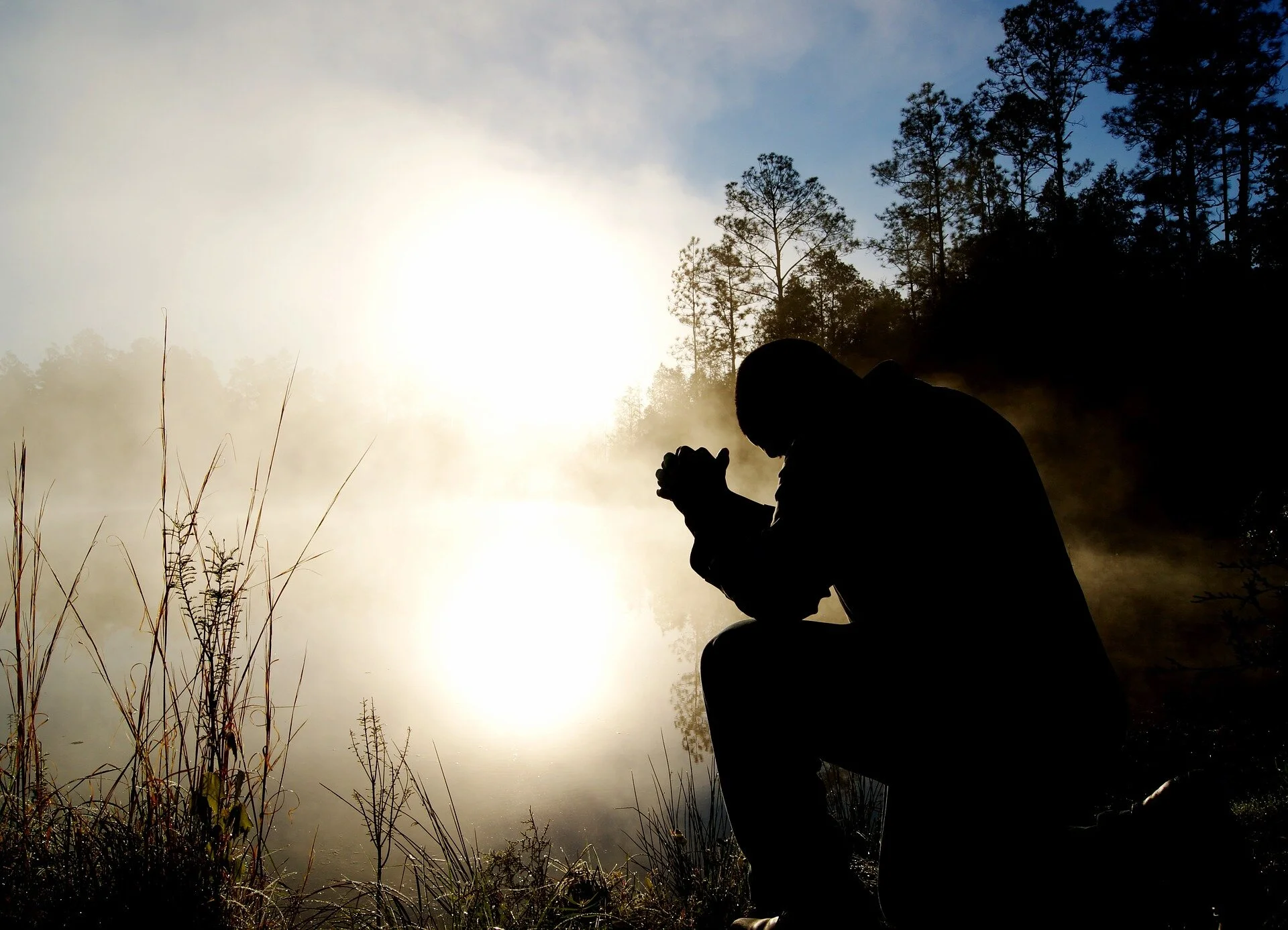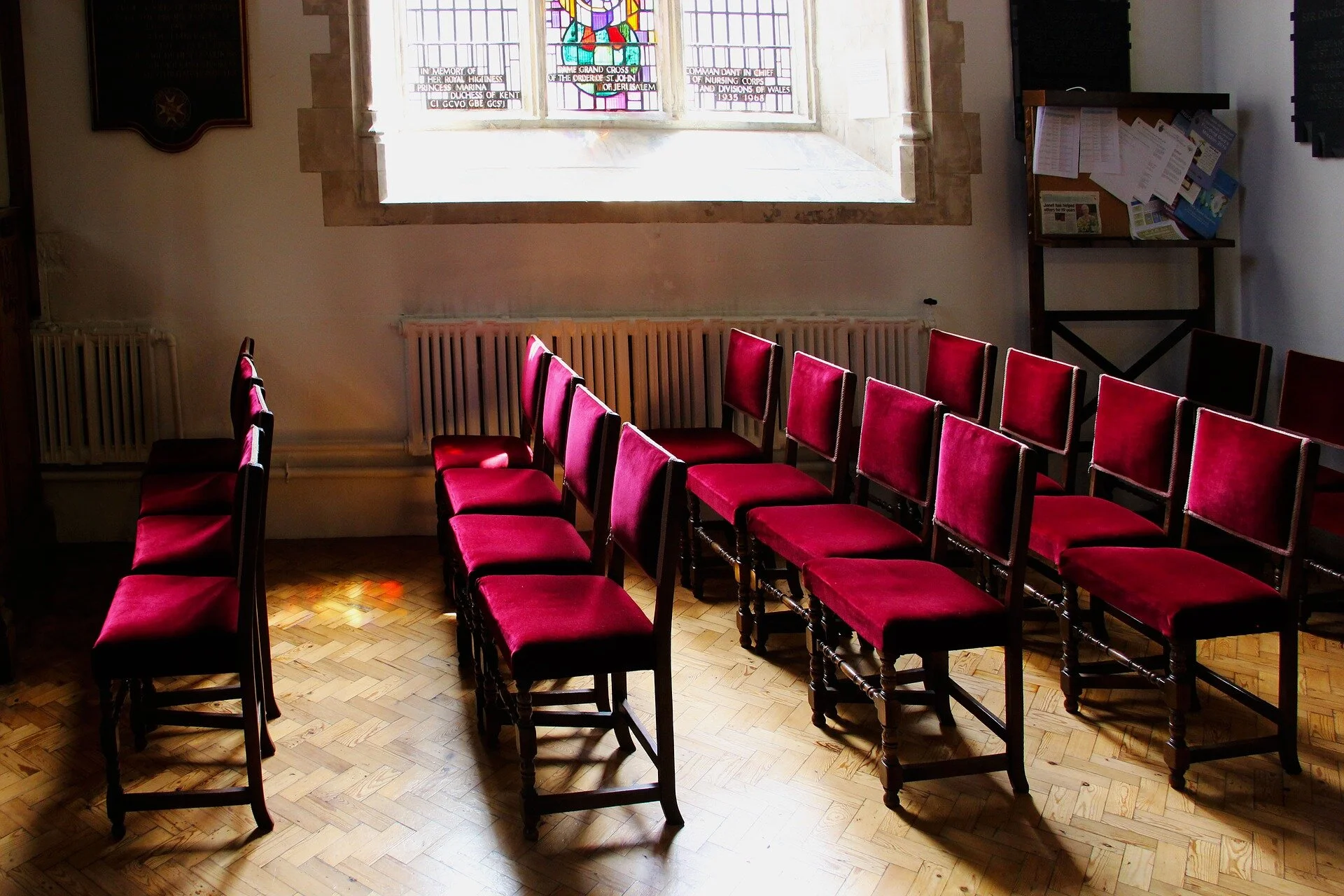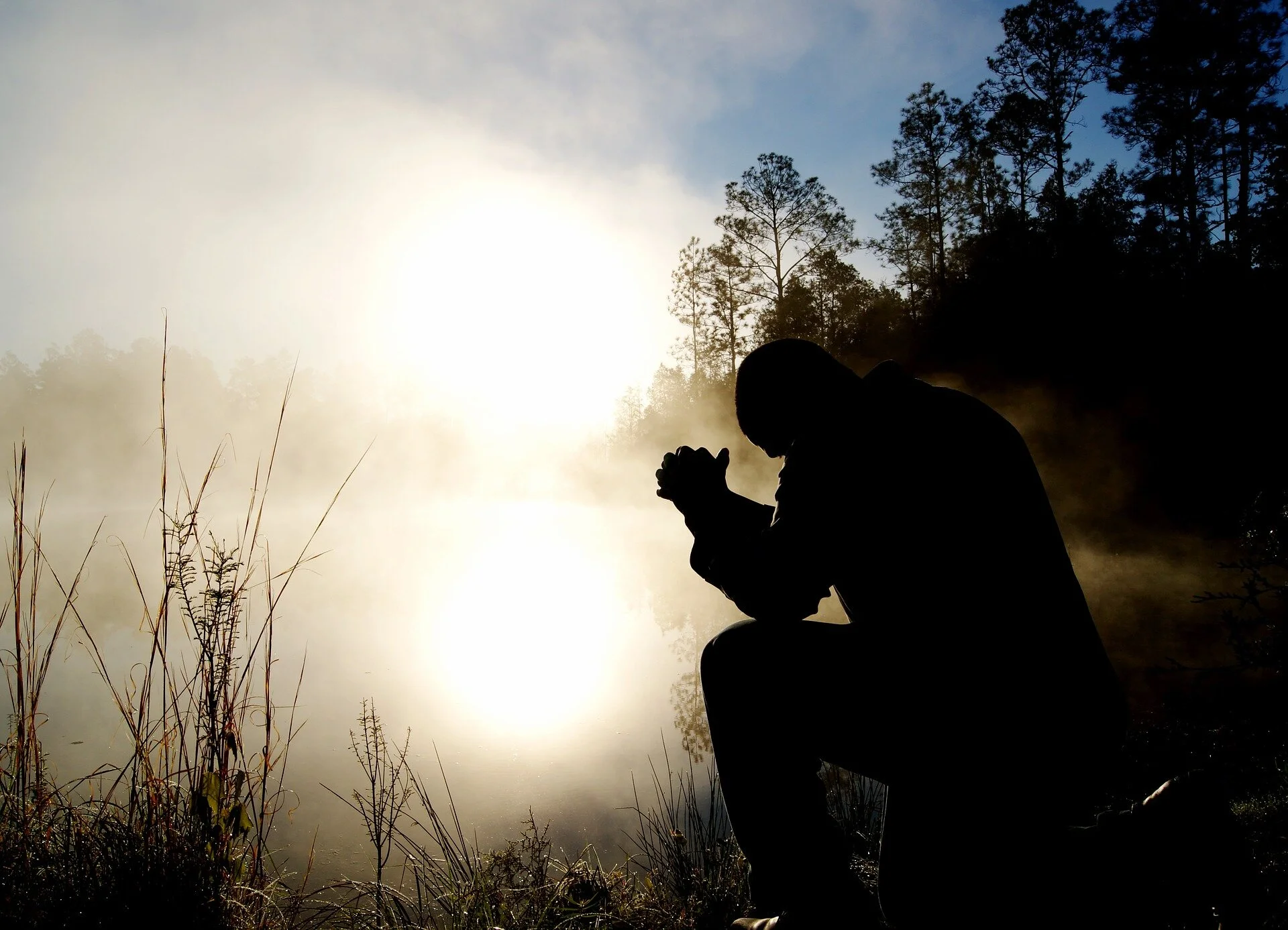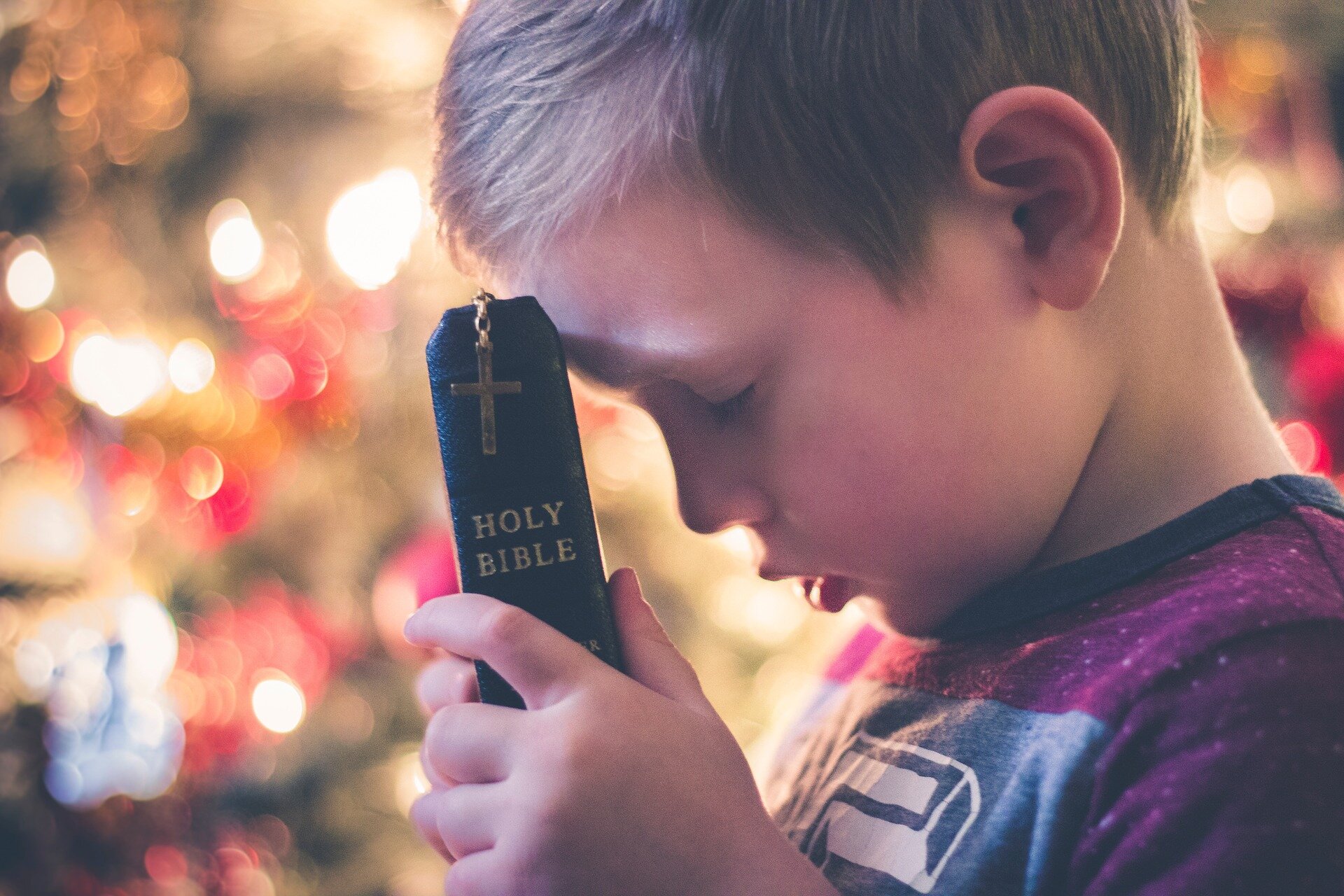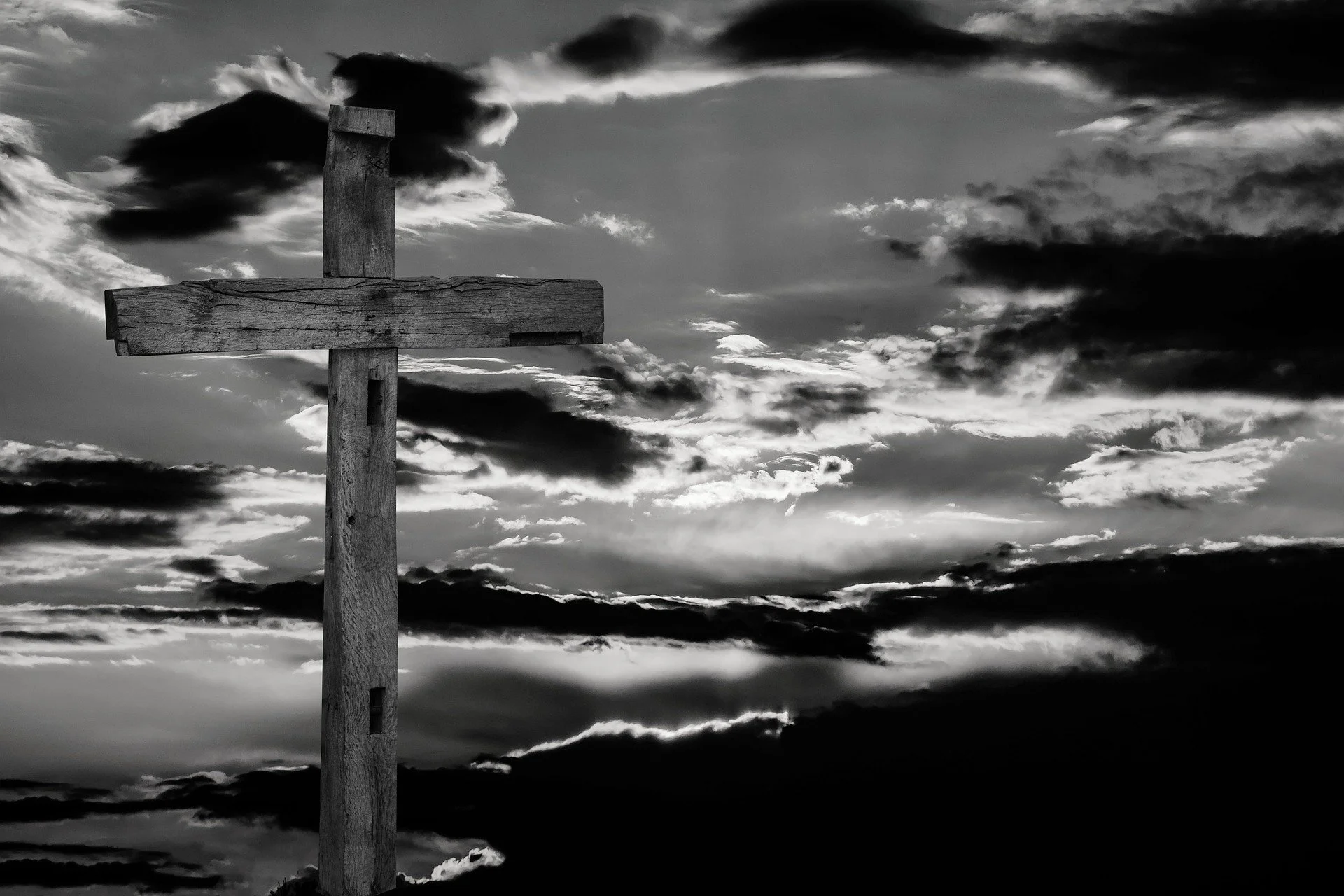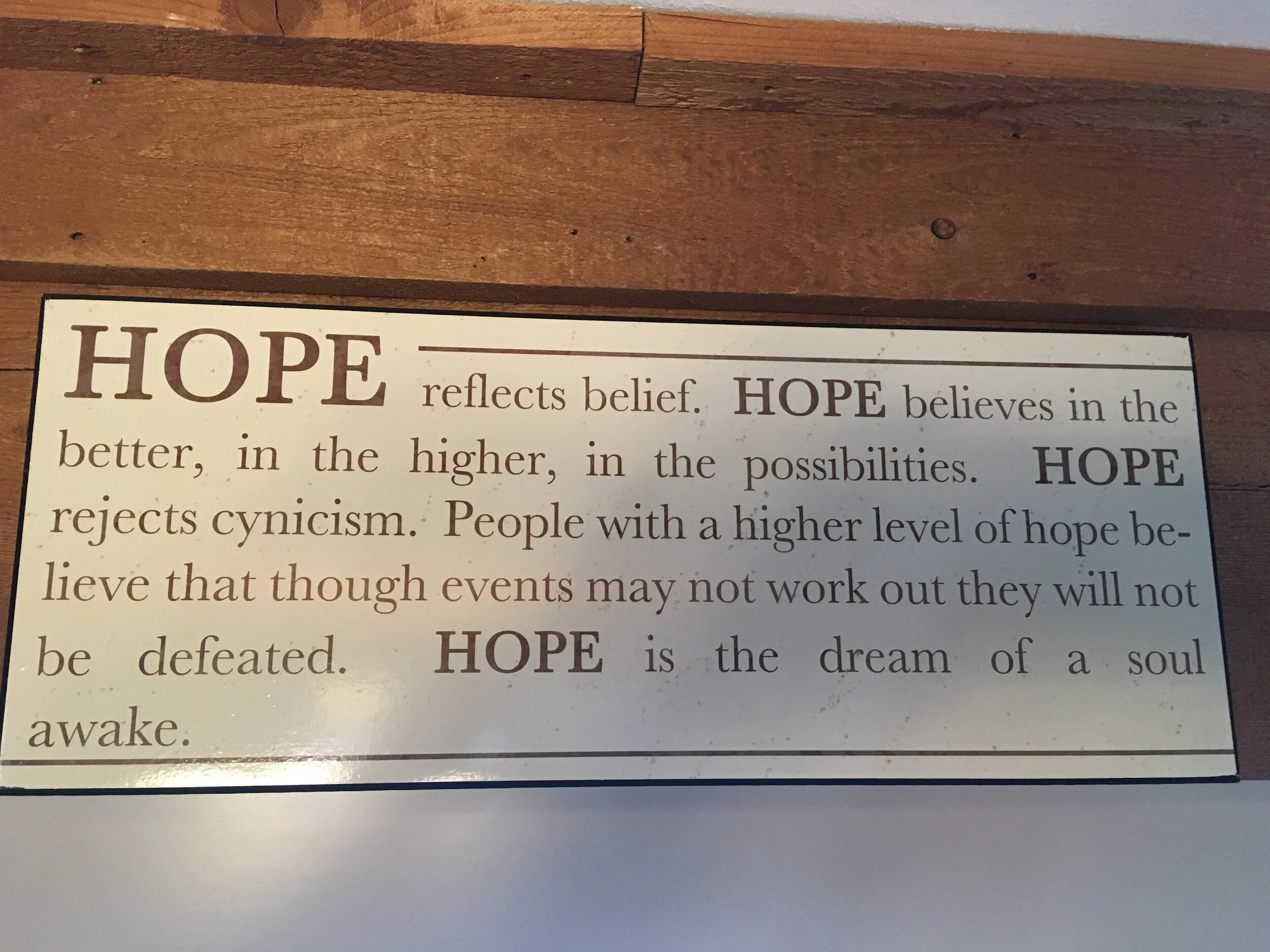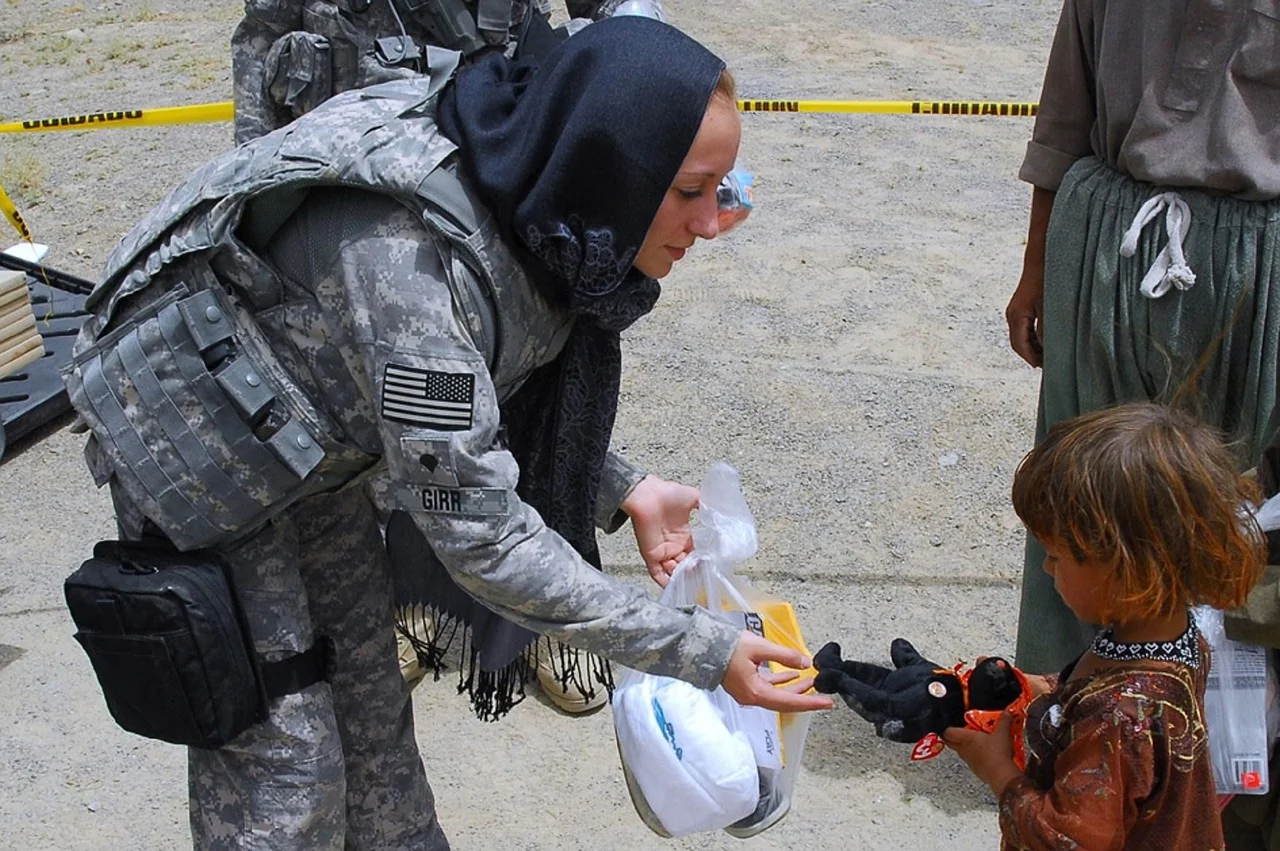Our Unseen Enemy - Part 3: The Schemer
Last week we looked at Satan’s tactic of manipulation. Truly he is a master manipulator. He takes truth and twists it so that it seems different than it was really meant to be. We saw that specifically in how he manipulated Eve in the Garden of Eden in his form of a serpent. While last week we saw that he stuck to the truth, but bent and twisted it so that it was a slightly different version of the truth, this week we are going to look at how Satan schemes. This ability to connive and plot affects not only unbelievers, but Christ followers as well.
The Schemer
This guy looks like he is scheming doesn’t he? He’s hunkered down, his beady eye keeping watch for the prey and he is probably thinking about when his quarry gets close enough, he is going to use those powerful toothy jaws to latch on and gobble it up. Our enemy is much the same way as our reptilian friend. He has a scheme, a plan, and a plot. He is waiting, hunkered down, looking for each and every opportunity to trip up his quarry or even more boldly, to latch on and swallow them down.
Image by Surendra Shekhawat from Pixabay
“10 Finally, be strong in the Lord and in the strength of his might.
11 Put on the whole armor of God, that you may be able to stand against the schemes of the devil.
12 For we do not wrestle against flesh and blood, but against the rulers, against the authorities, against the cosmic powers over this present darkness, against the spiritual forces of evil in the heavenly places.”
We can see from the above passage that our enemy already has schemes in place to use against us. Verse 12 reiterates that our struggle is not against flesh and blood, although in our country right now it seems that many of our problems are being manifested on the physical plateau. Obviously, Satan will not keep his battles in the spiritual realm. He will strike in our physical realm whenever he is given the leeway. Let’s take a look at another passage in the Bible that deals with just this issue.
“6 Now there was a day when the sons of God came to present themselves before the Lord, and Satan also came among them.
7 The Lord said to Satan, “From where have you come?” Satan answered the Lord and said, “From going to and fro on the earth, and from walking up and down on it.”
8 And the Lord said to Satan, “Have you considered my servant Job, that there is none like him on the earth, a blameless and upright man, who fears God and turns away from evil?”
9 Then Satan answered the Lord and said, “Does Job fear God for no reason?
10 Have you not put a hedge around him and his house and all that he has, on every side? You have blessed the work of his hands, and his possessions have increased in the land.
11 But stretch out your hand and touch all that he has, and he will curse you to your face.”
12 And the Lord said to Satan, “Behold, all that he has is in your hand. Only against him do not stretch out your hand.” So Satan went out from the presence of the Lord.”
Image by WikiImages from Pixabay
This passage might be a little uncomfortable to read. Here we see Satan coming to God, so it tells us that he still has access to God. I have to imagine, that even though Satan was cast down from heaven, God still knew exactly what he was up to and where, after all, God knows everything and is everywhere present. Whatever the case, Satan came to God among the other sons of God. Perhaps he was wearing his disguise as an angel of light, and while God would know who he was, perhaps the others in attendance, most likely other angels, would not see through his fraudulent exterior.
“13 For such men are false apostles, deceitful workmen, disguising themselves as apostles of Christ.
14 And no wonder, for even Satan disguises himself as an angel of light.
15 So it is no surprise if his servants, also, disguise themselves as servants of righteousness. Their end will correspond to their deeds.”
Looking at what takes place in this passage, I am sure, Satan entered into this assemblage with a scheme in mind. Whether he was hoping to make a fool of God, usurp his throne or just wreak havoc, Satan wasn’t coming hoping to have tea. He was plotting. Of course, I am convinced that God knew exactly what Satan was up to.
We might be tempted to think God was unfair to Job to unleash Satan’s wrath on everything he had. If you read the passage following, we see that Job lost all of his children, everything he owned was destroyed and his health evaporated. This only happened because God allowed it. God knew Job’s heart and knew through it all Job would remain faithful. He also knew the ultimate outcome, restoration. If you read the book through to its conclusion we see that Job learned some very important lessons about God, but God restored him sevenfold. Yes, he would always miss the children that he lost, but he knew this fully to his core:
“But he knows the way that I take;
when he has tried me, I shall come out as gold.”
Let’s move this into the context of today’s world. There are many terrible things happening. We are inundated every day, multiple times a day with the knowledge that evil is running rampant. If you don’t believe in the devil, I would ask you to reconsider. He is alive and well and scheming to bring about your ruin. However, nothing comes into our world without God knowing. It says in Matthew 10:30 that every hair of our heads is numbered. God knows what Satan is about and the time will come, when all that is lost will be restored, but know this, until that time Satan is scheming to take us down.
“Be sober-minded; be watchful. Your adversary the devil prowls around like a roaring lion, seeking someone to devour.”
Image by Hans-Jürgen Münzer from Pixabay
Satan isn’t just sitting around twiddling his thumbs. He is at work. He is plotting, planning and scheming the best ways to keep the world in darkness and extinguish the lights of those who know Jesus. Think about the state of our country. Darkness is being exalted and the light is being hidden. This is not just a matter of political and socioeconomic differences. What we see happening has the mark of a hidden power; one that will not rest until every flame is put out.
But…we have hope! Jesus is alive. Everything that He did on the cross still stands. The only way we can change this world is by bringing the light of the Gospel to those who are walking in darkness. Do not be afraid. Do not hide. Pray, speak truth and lift up the name of Jesus.
Image by Greg Montani from Pixabay
“16 In all circumstances take up the shield of faith, with which you can extinguish all the flaming darts of the evil one;
17 and take the helmet of salvation, and the sword of the Spirit, which is the word of God,
18 praying at all times in the Spirit, with all prayer and supplication. To that end, keep alert with all perseverance, making supplication for all the saints”







